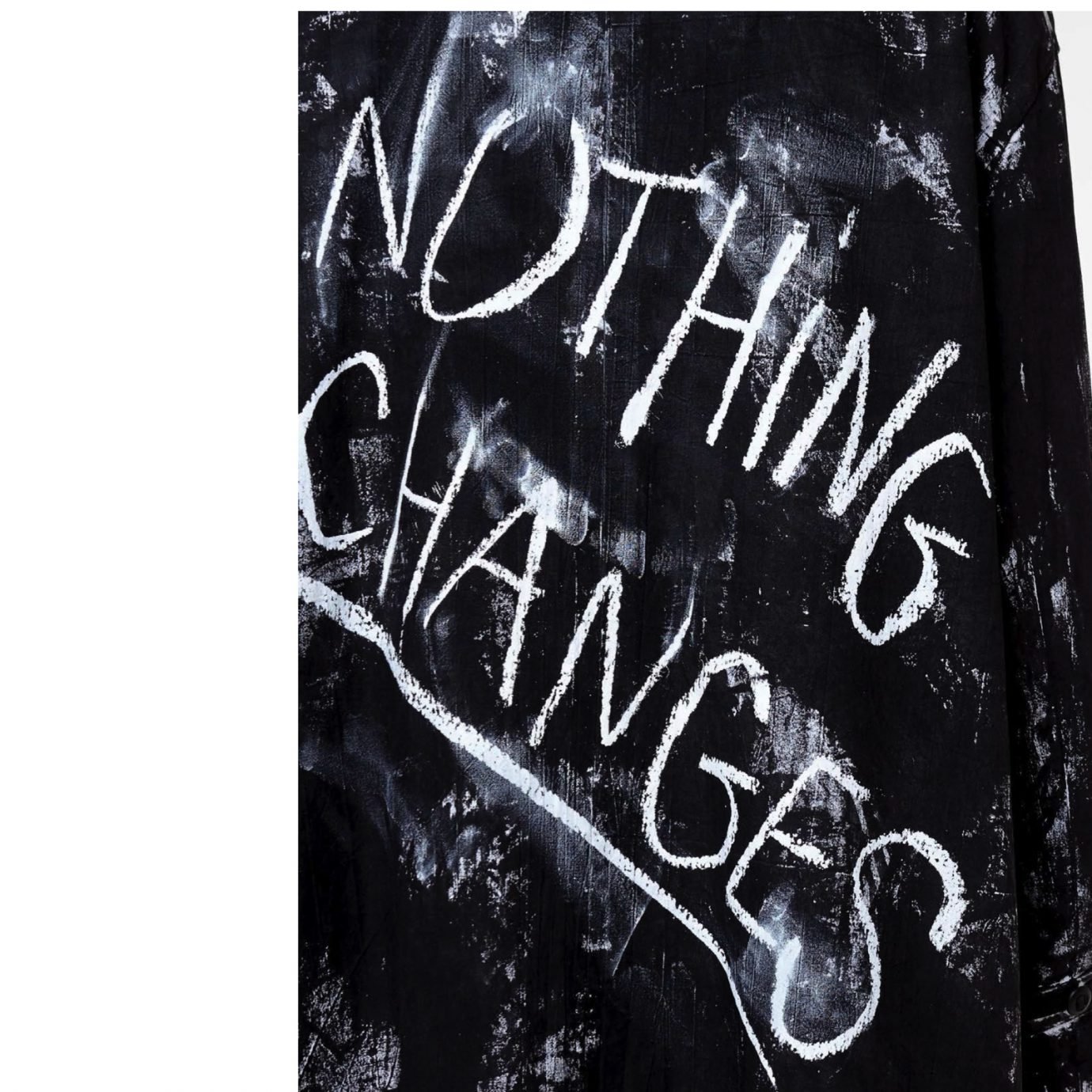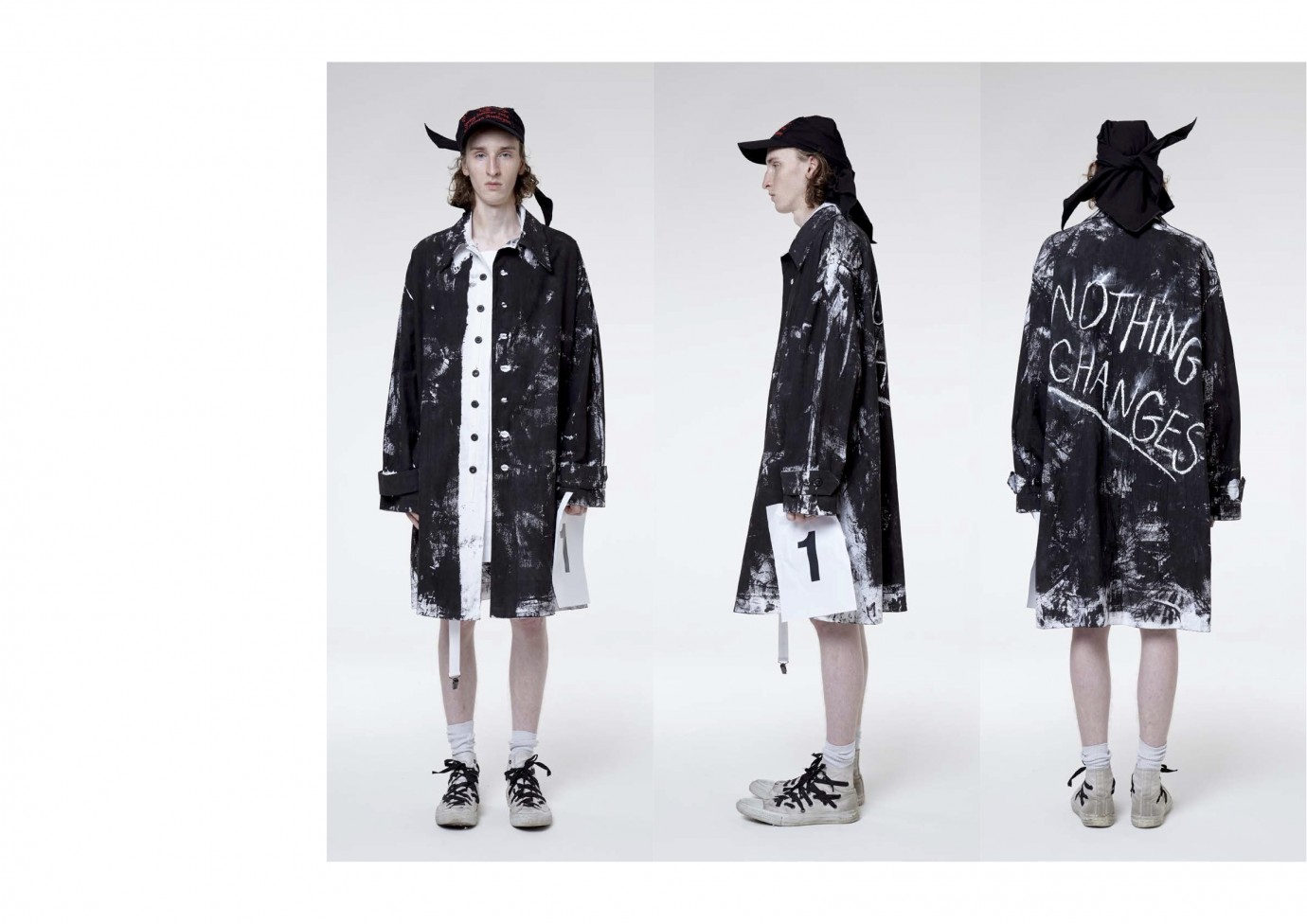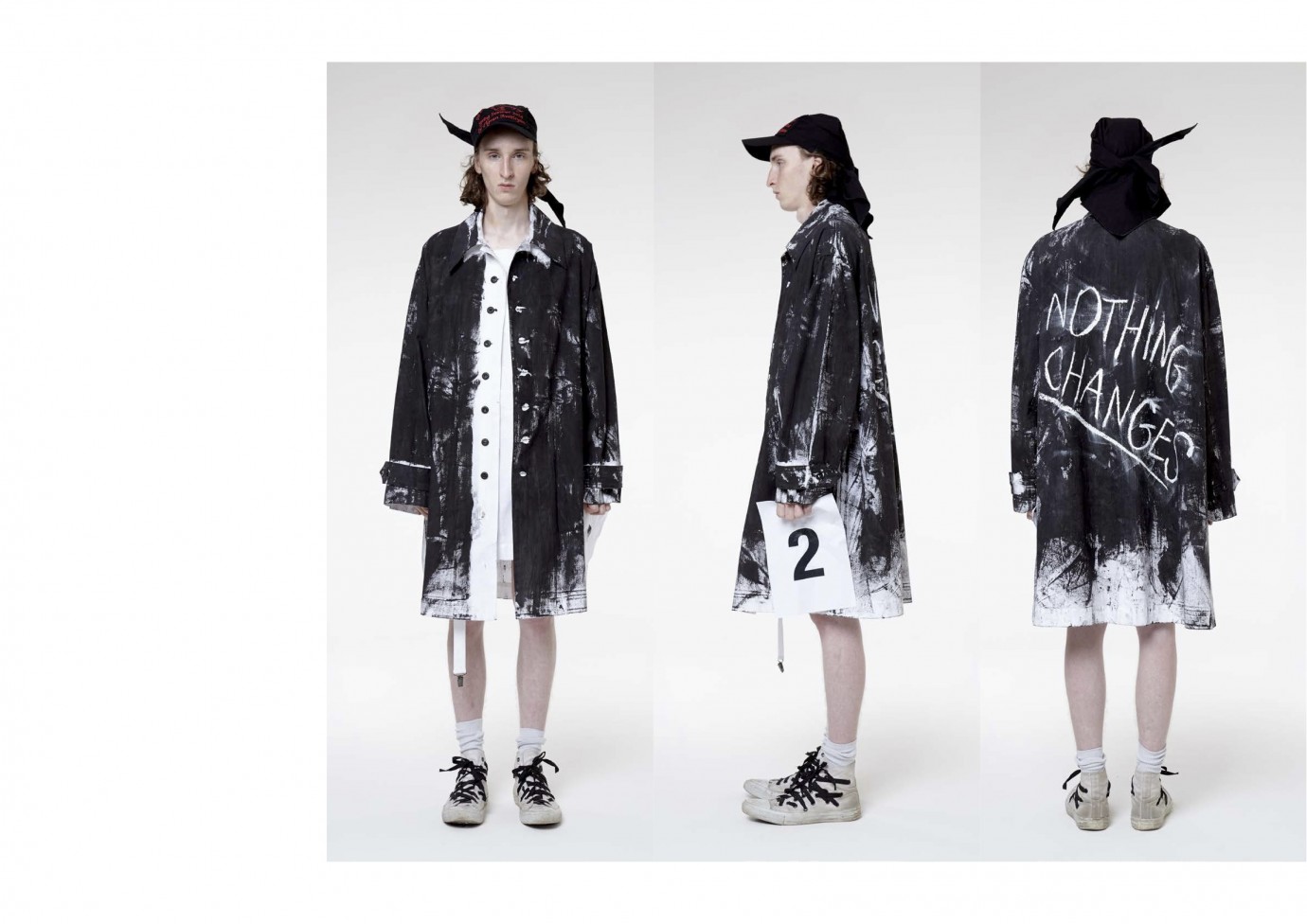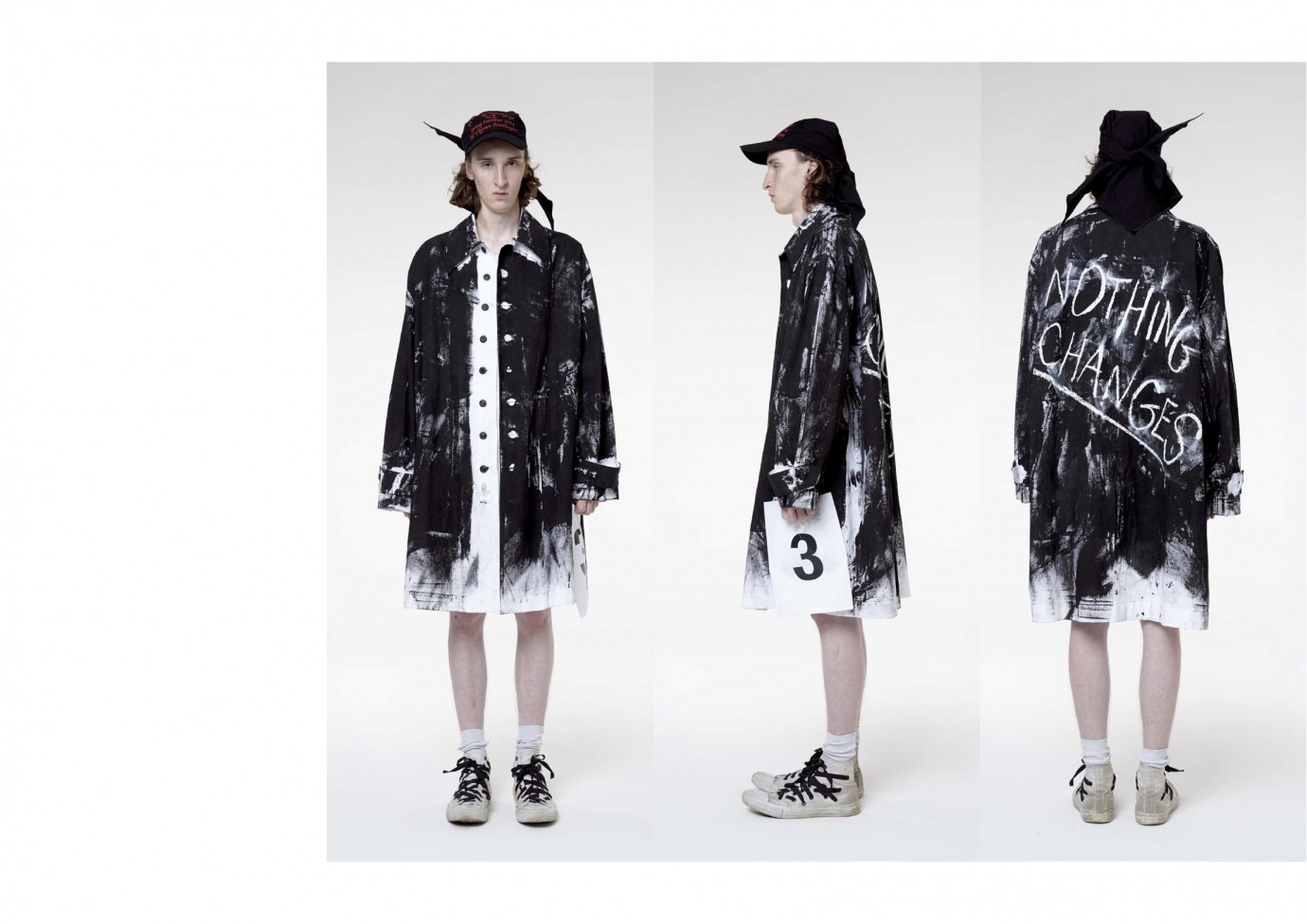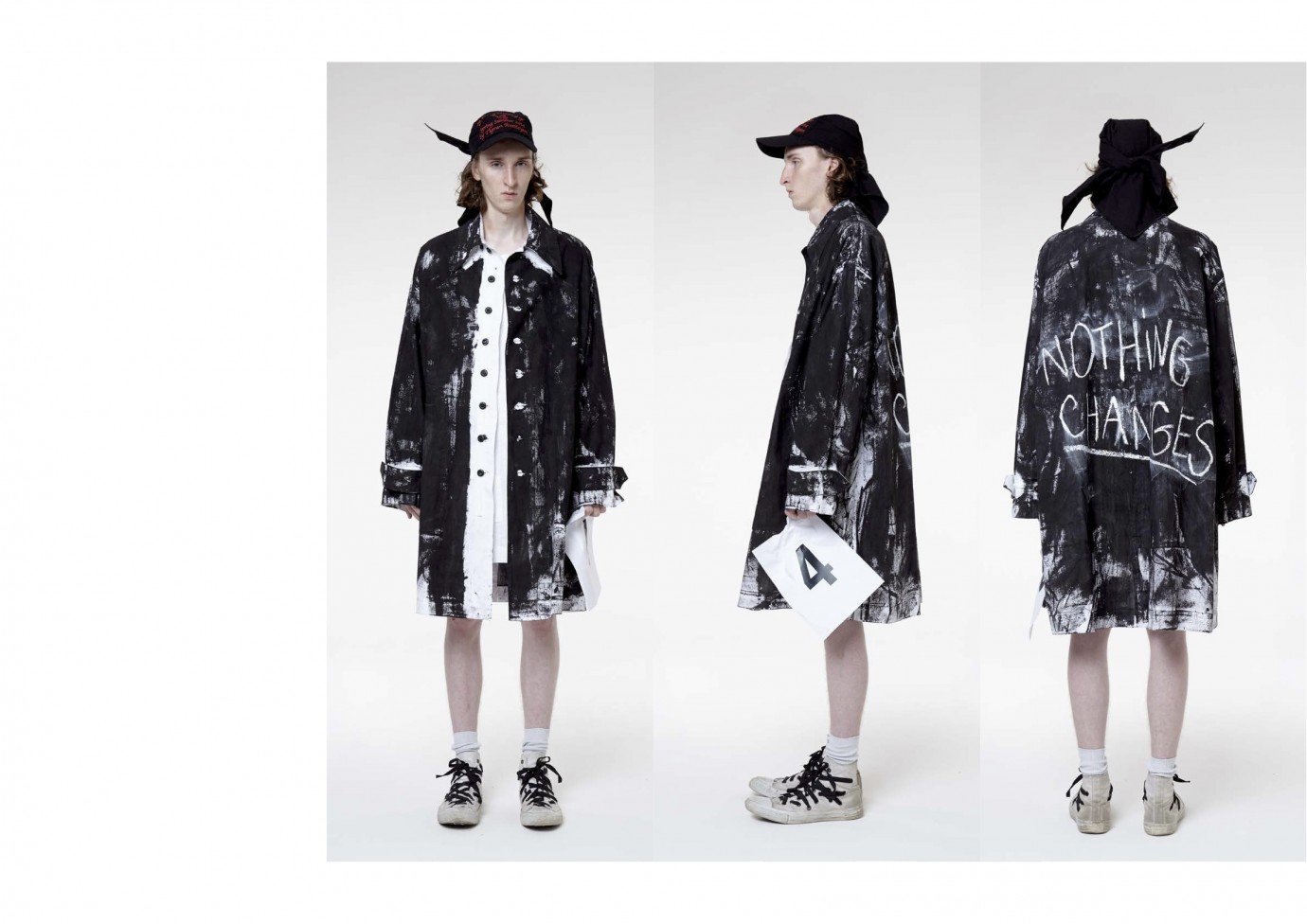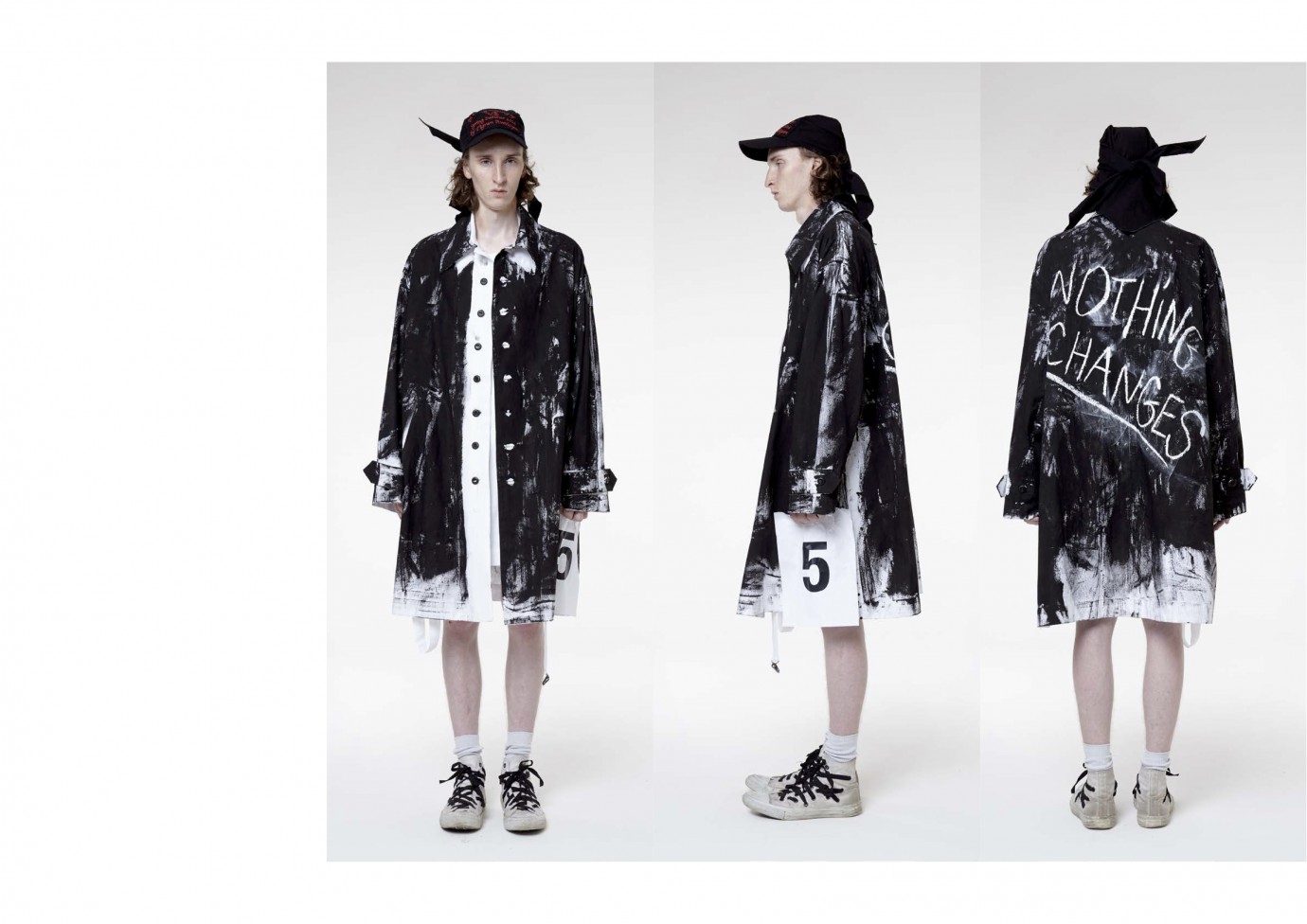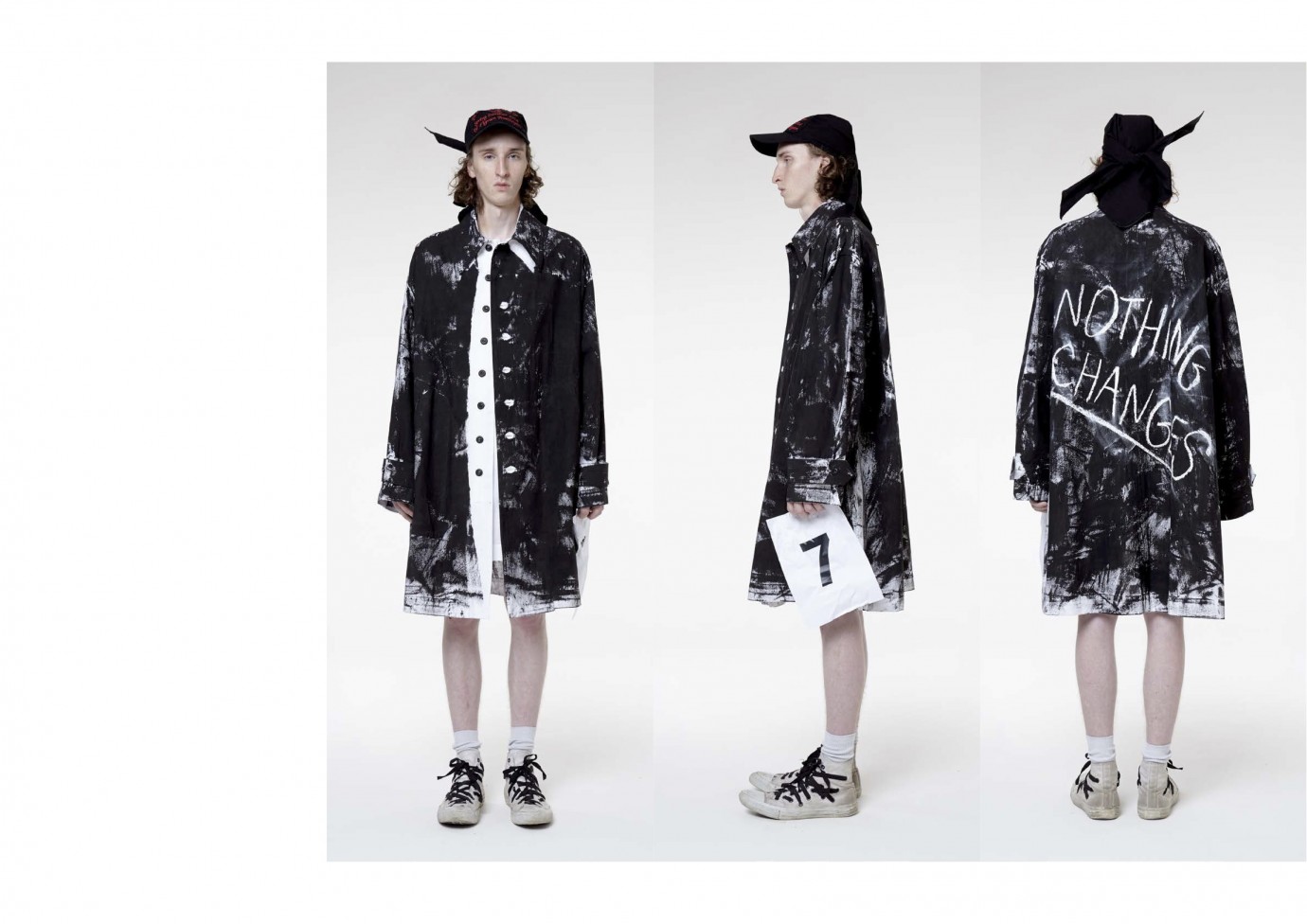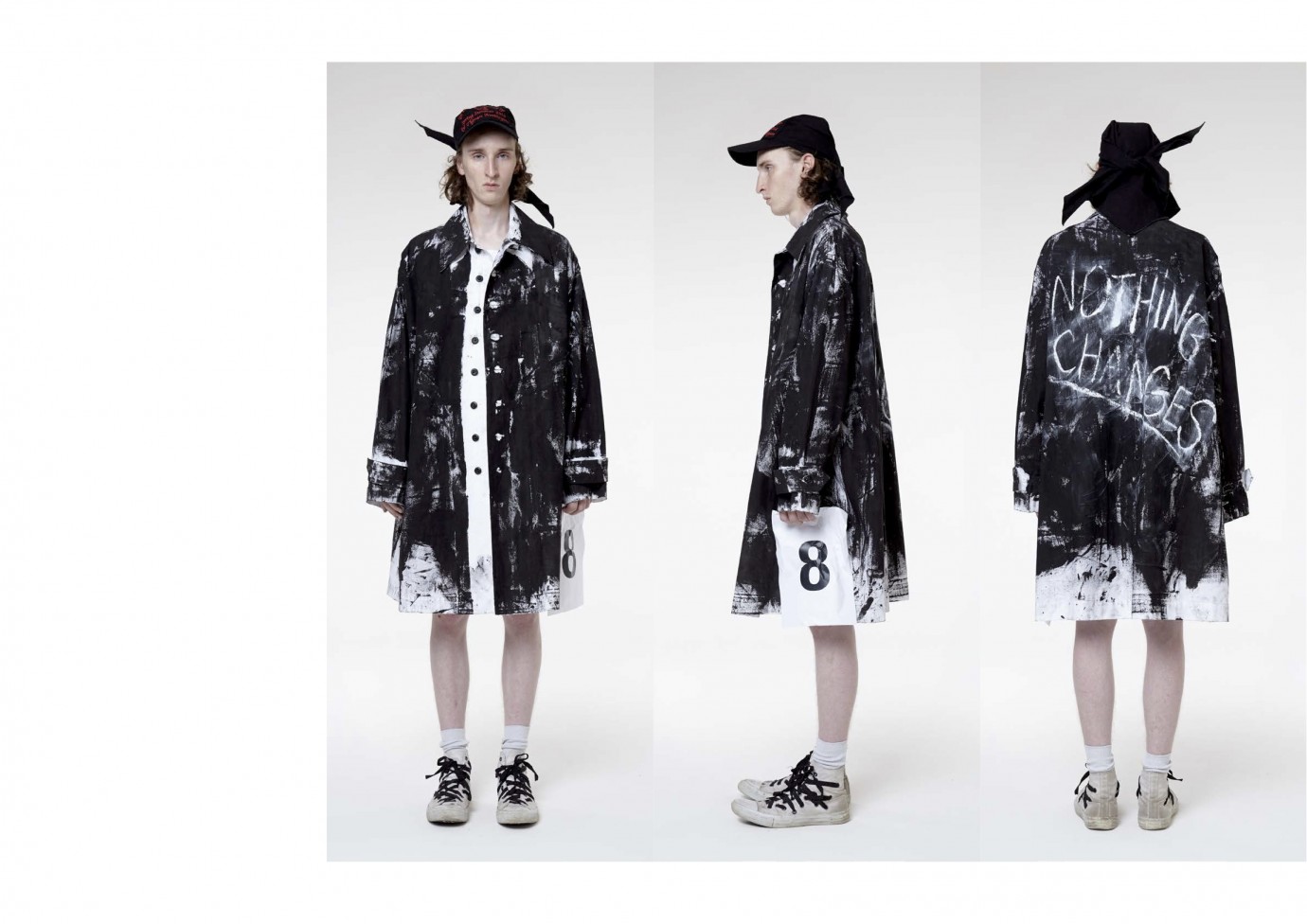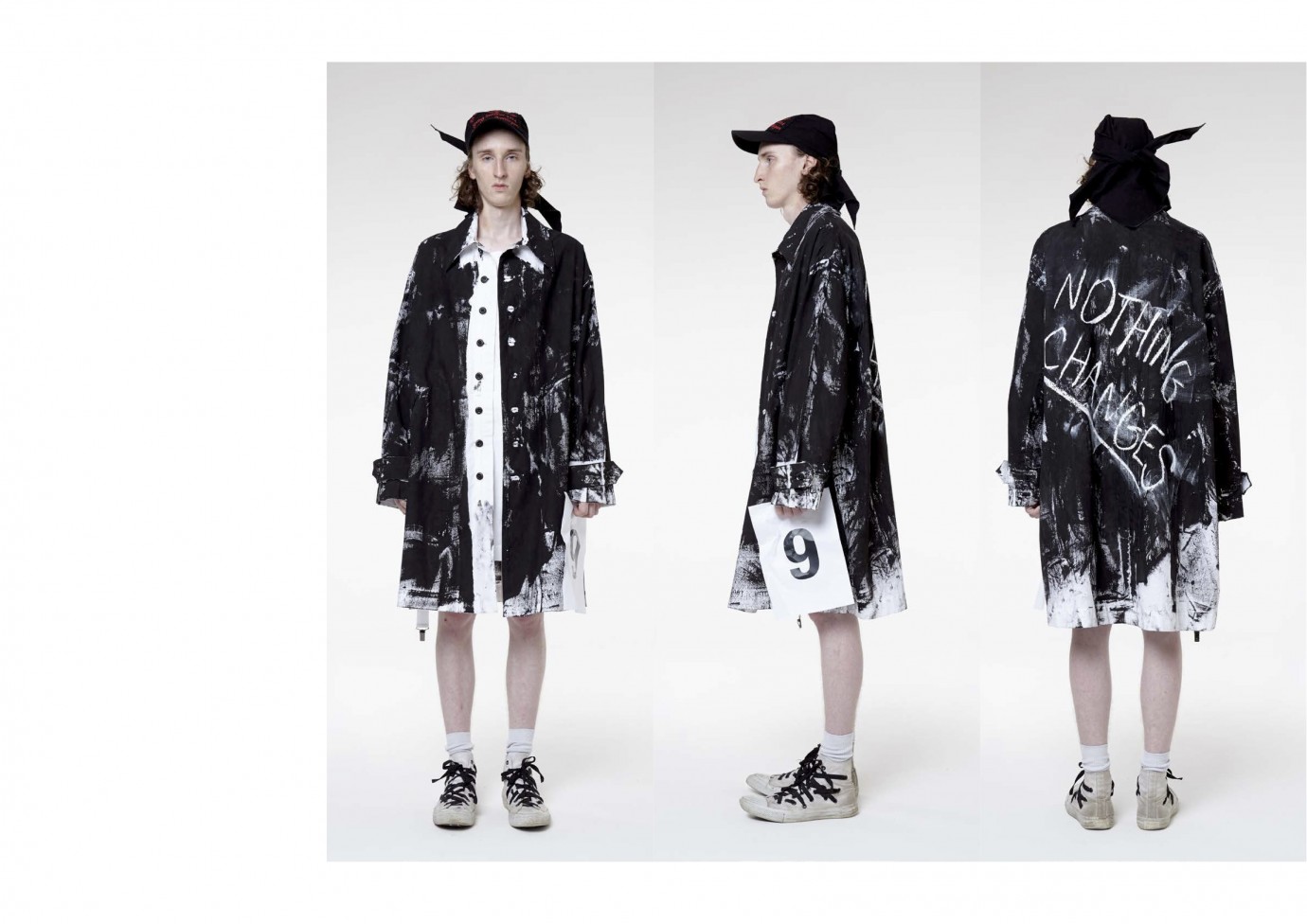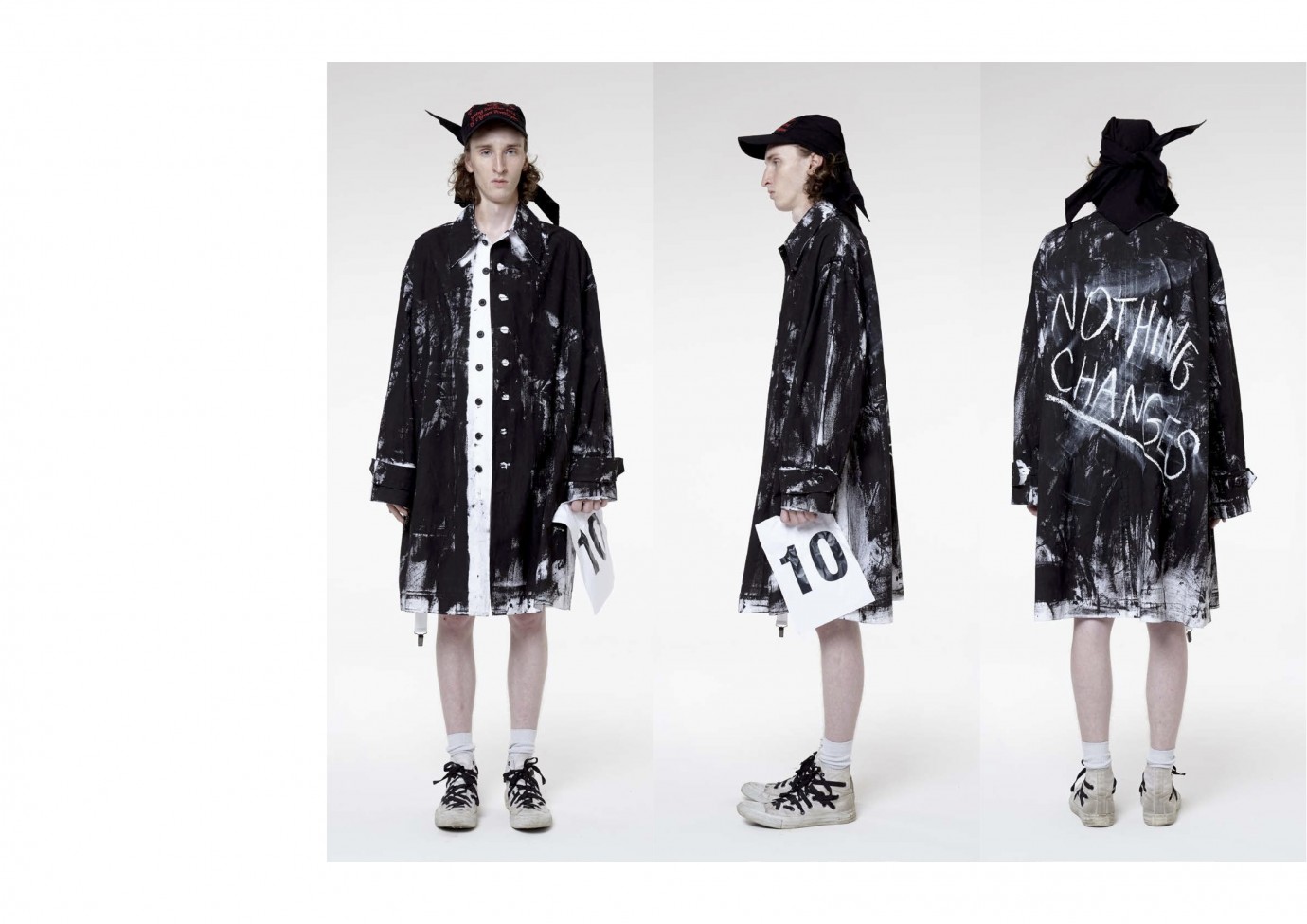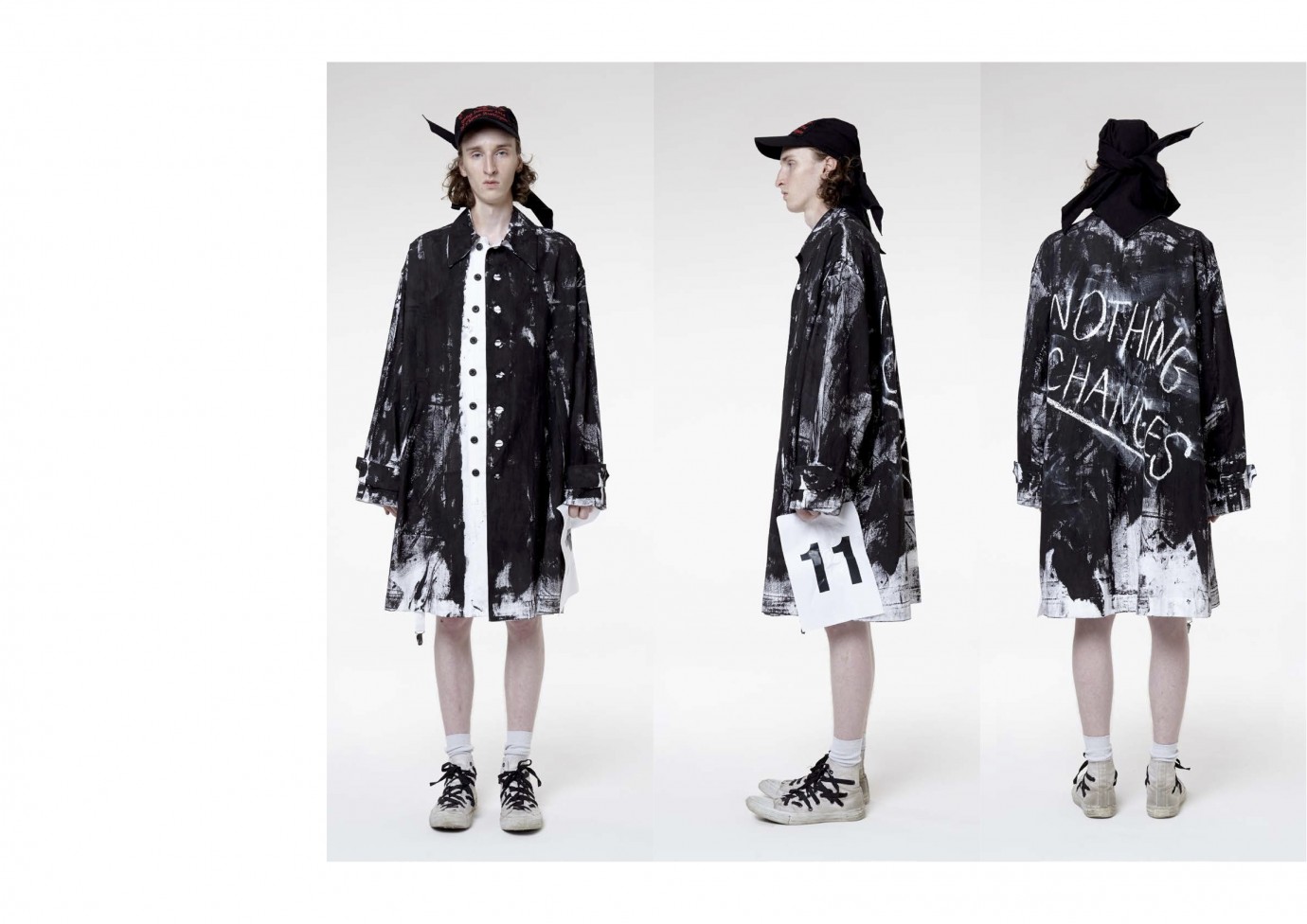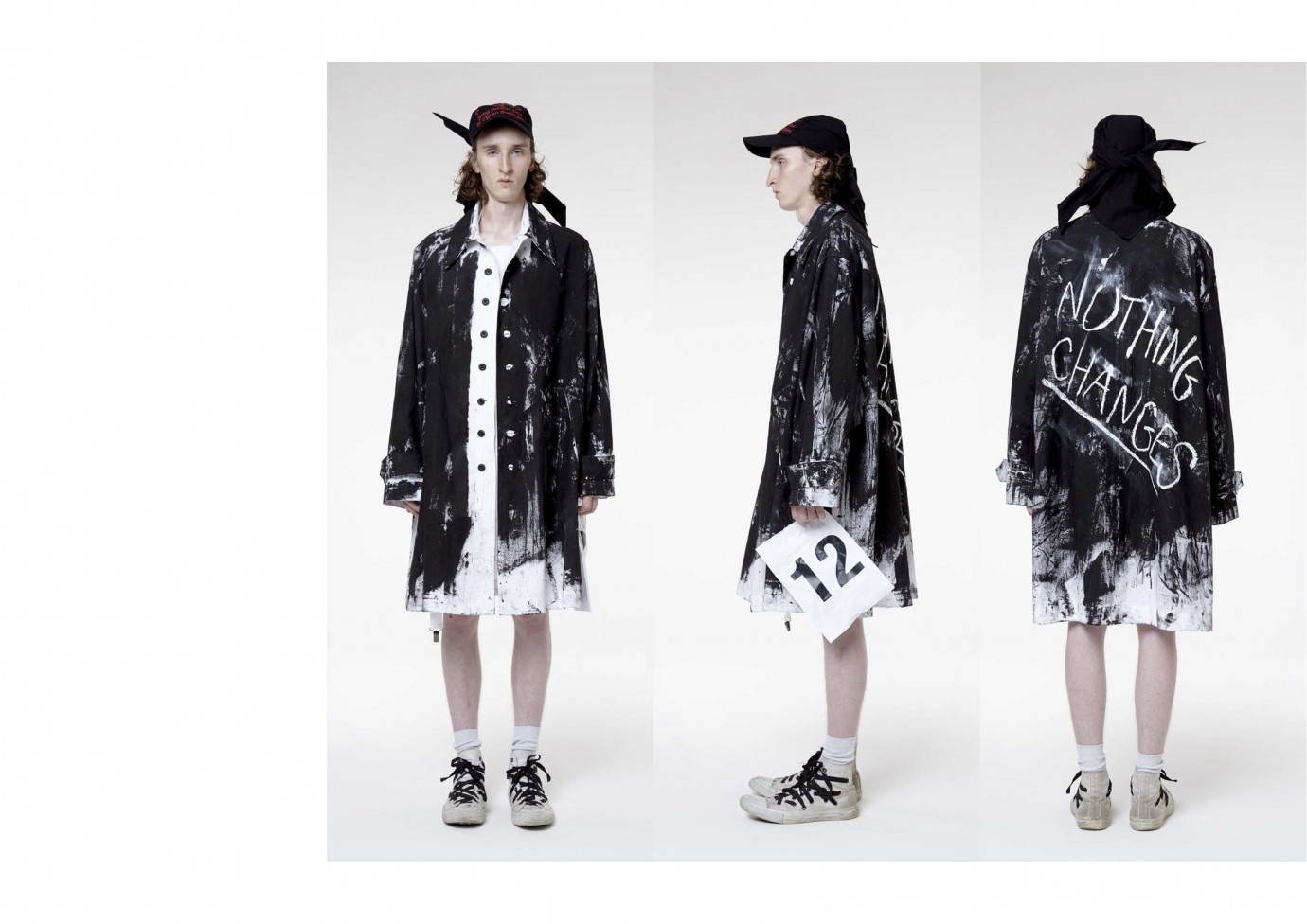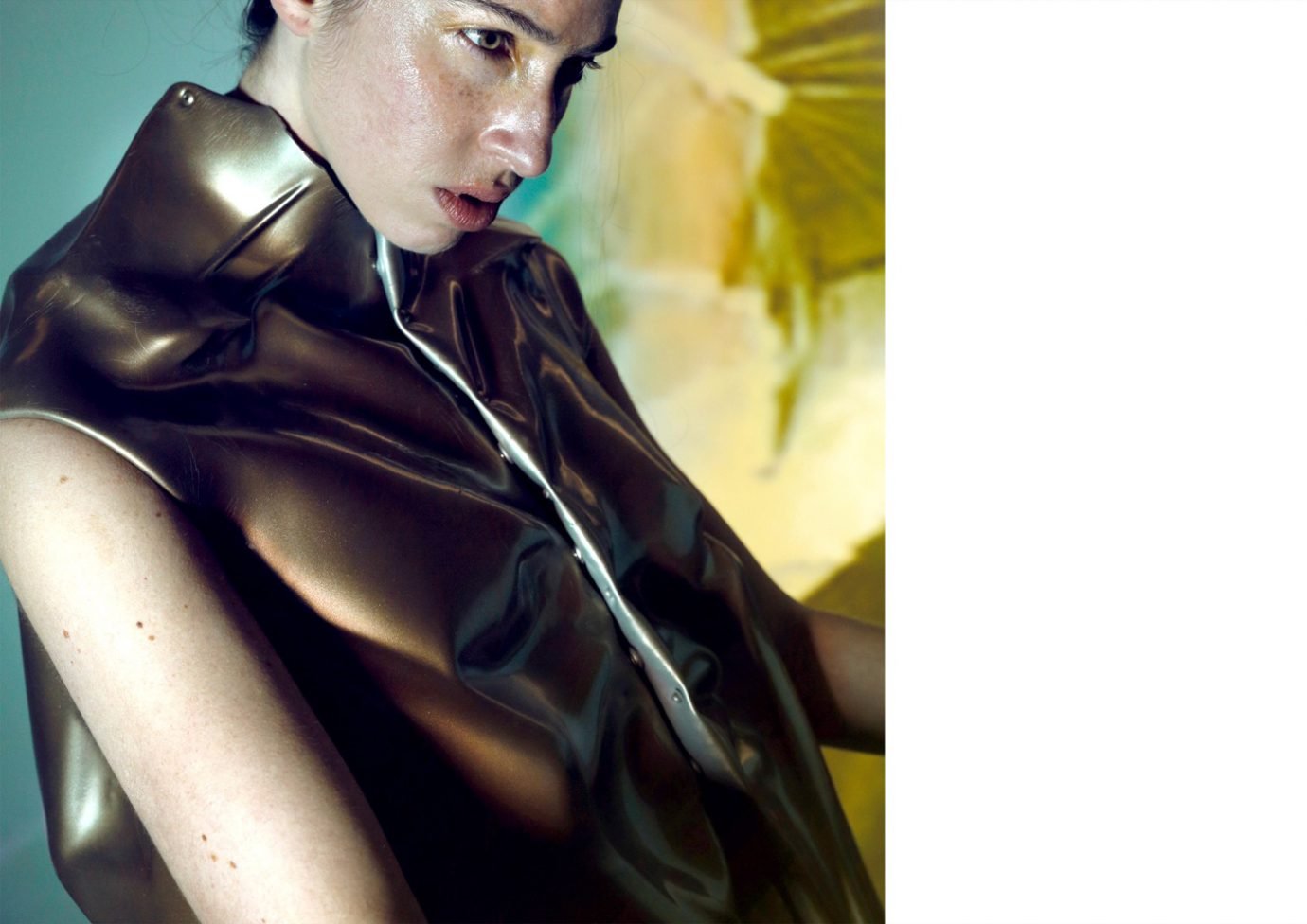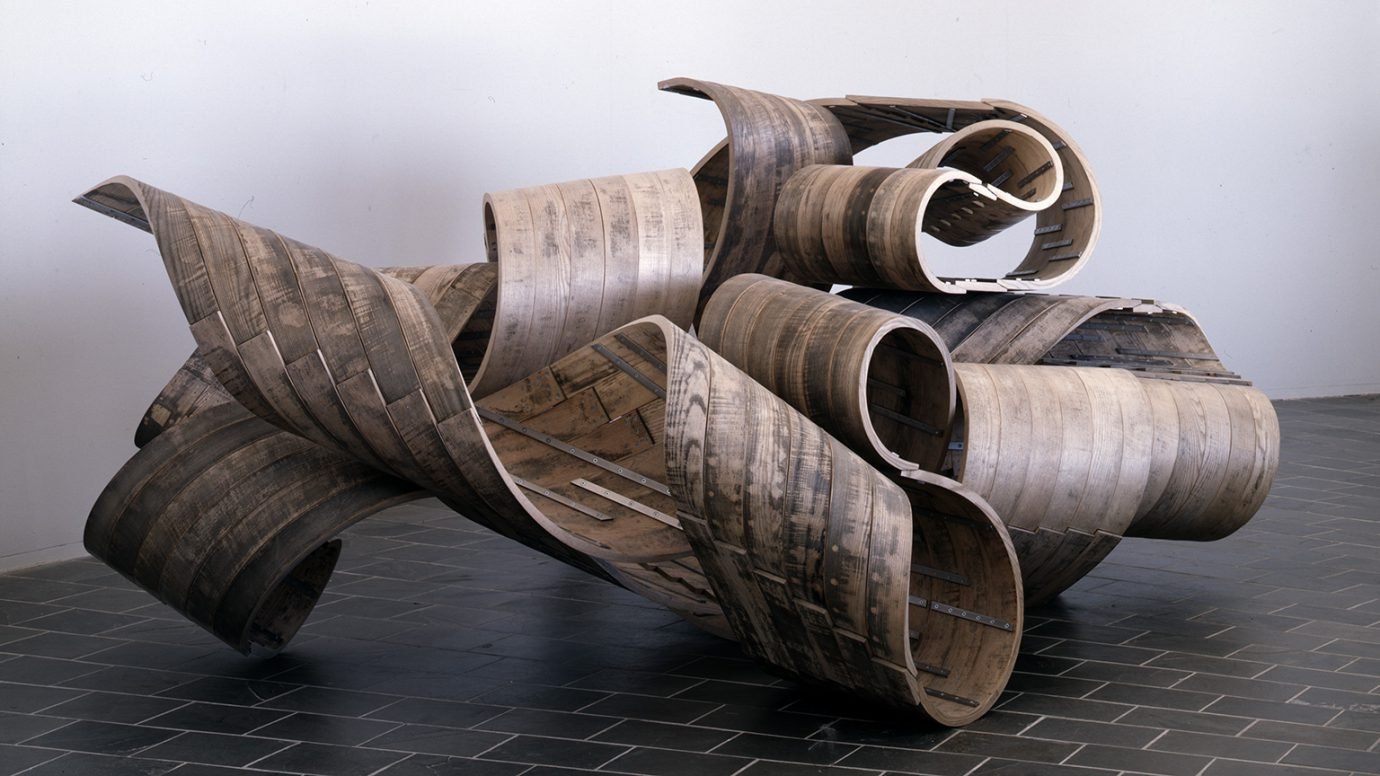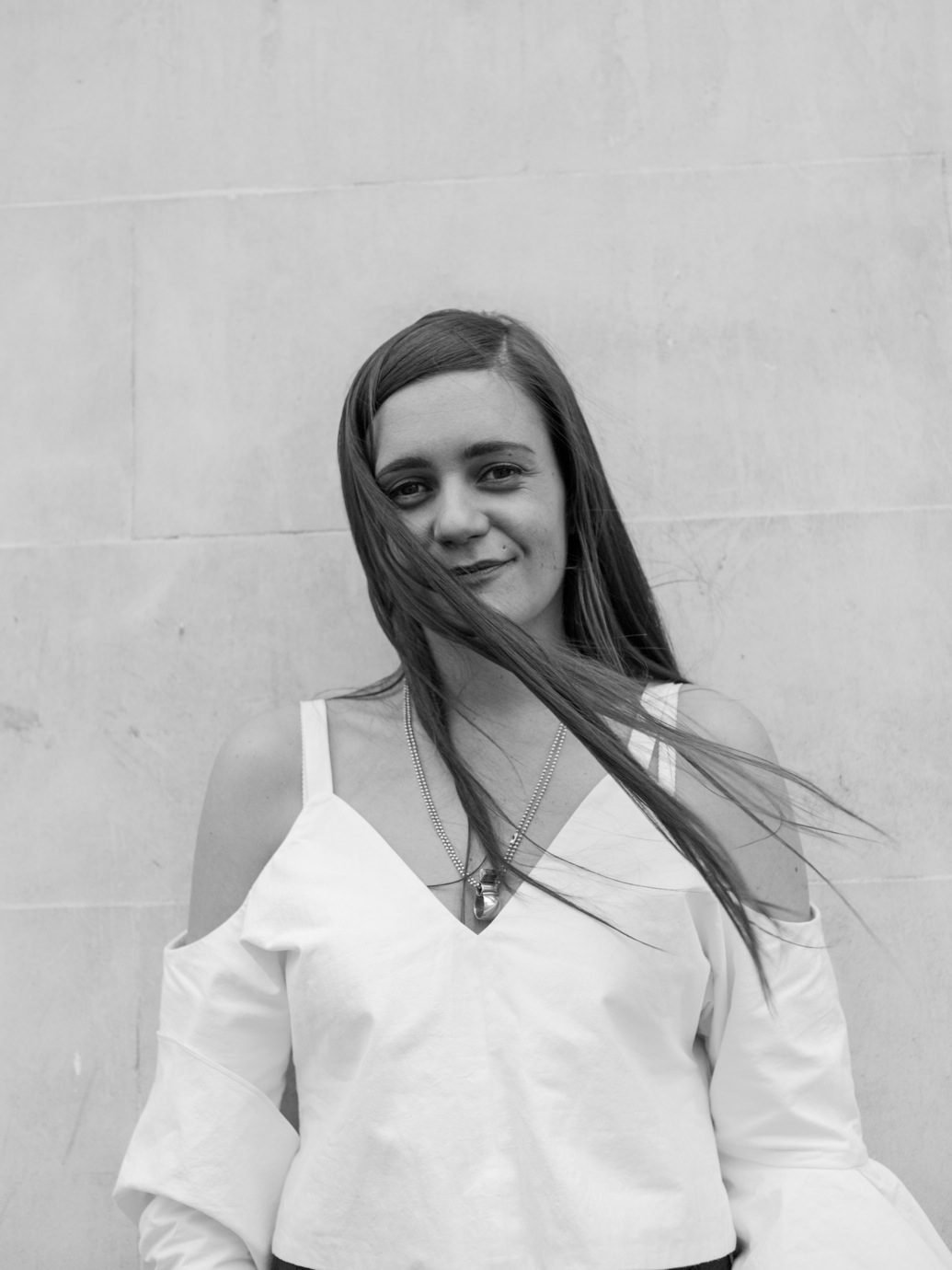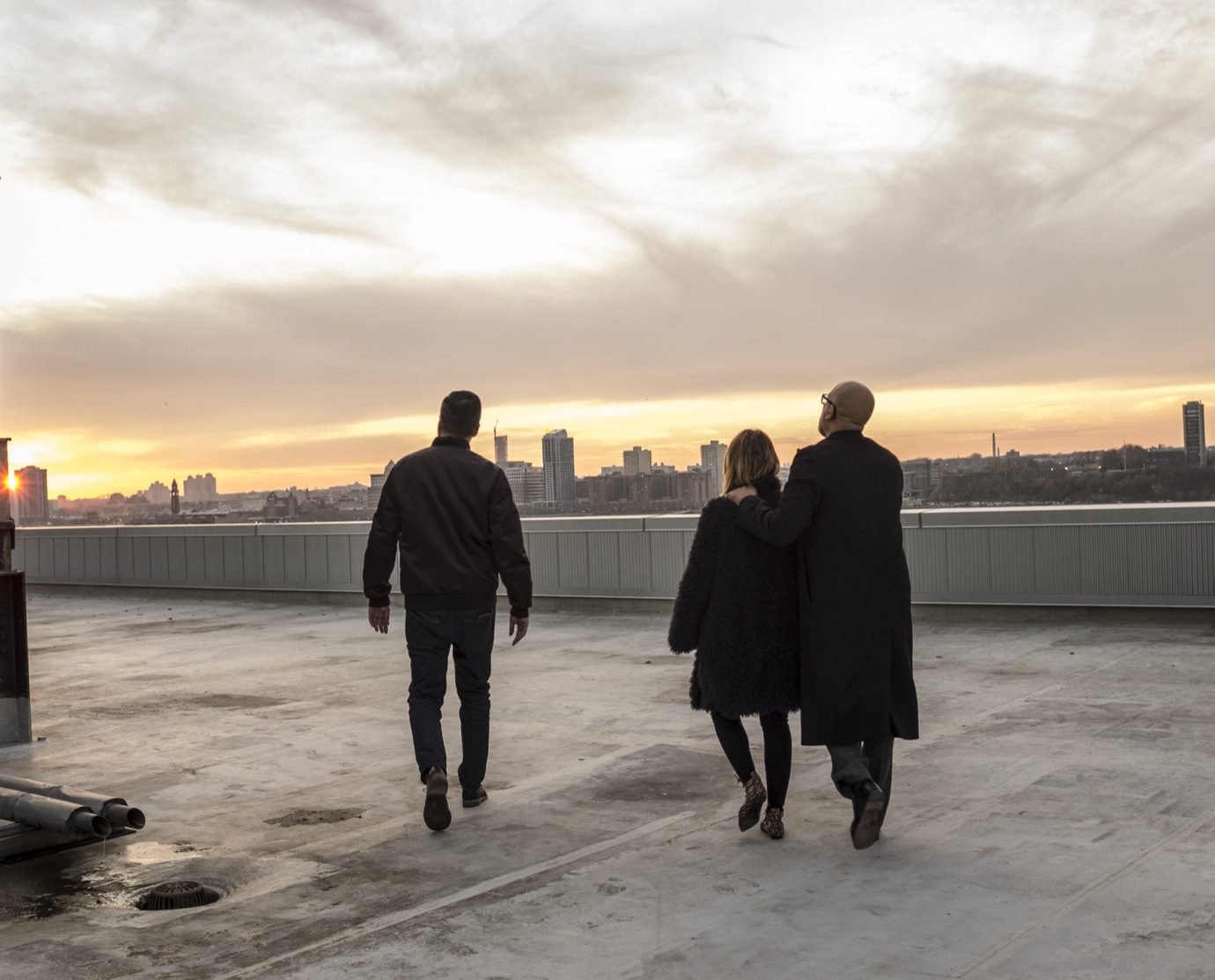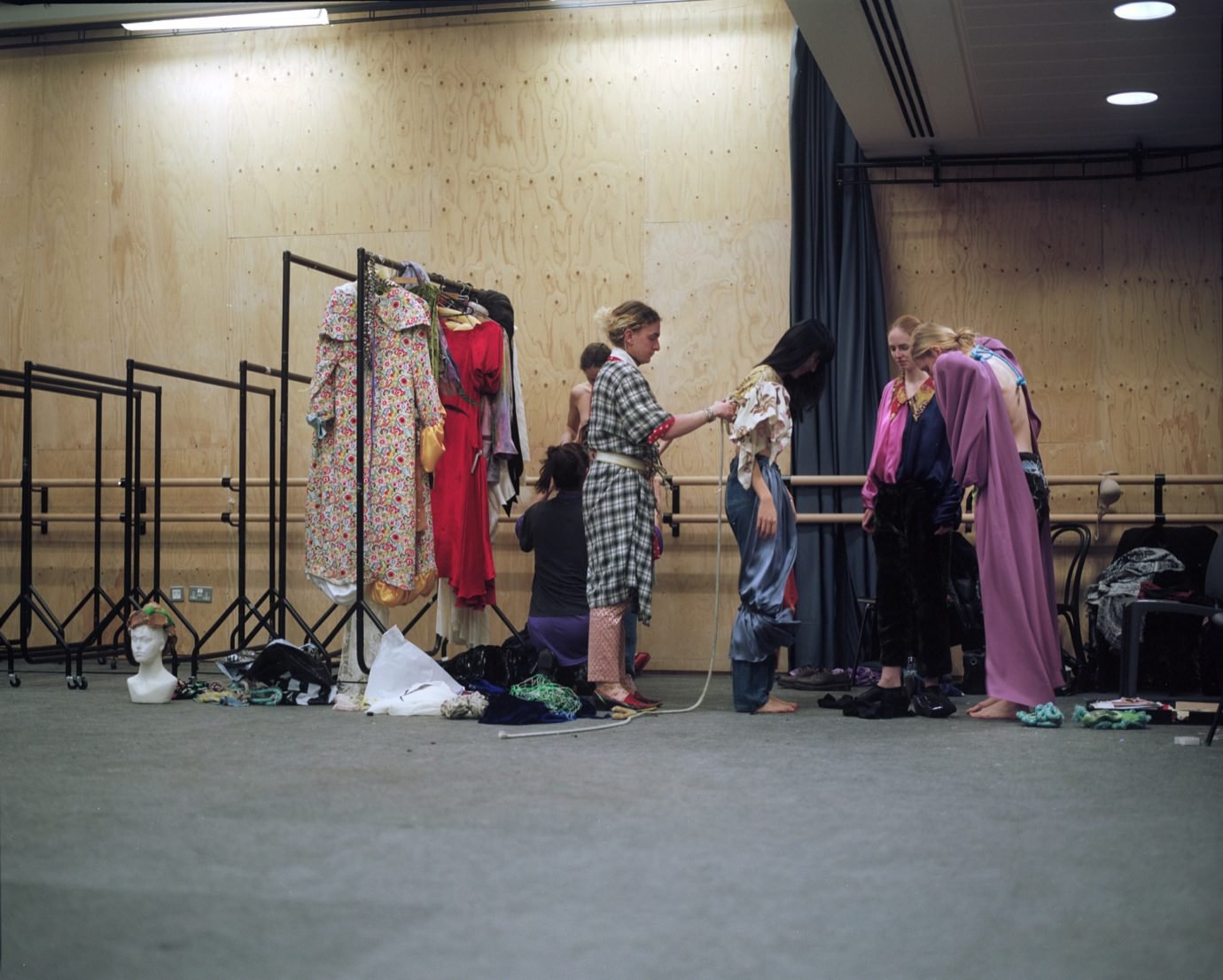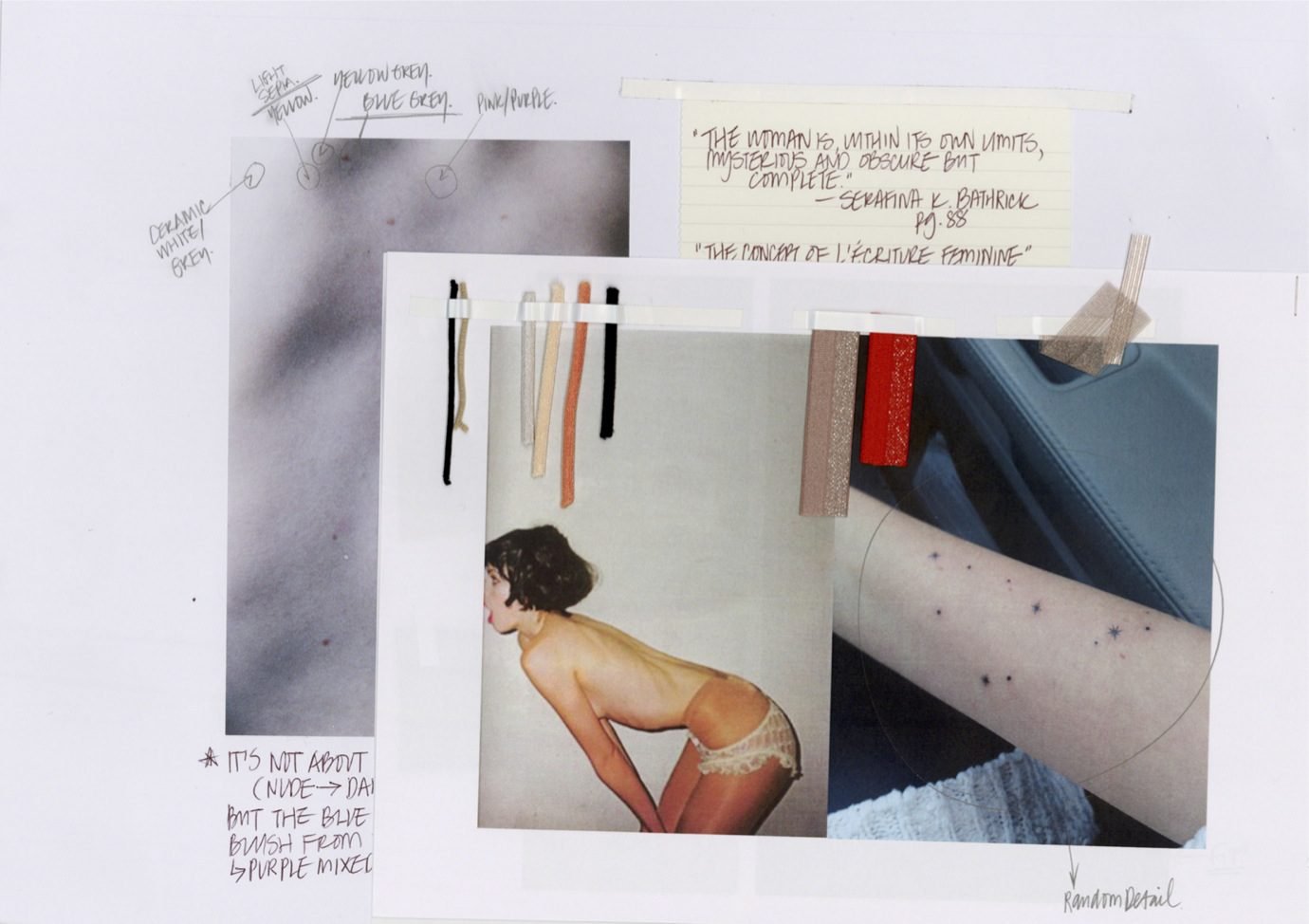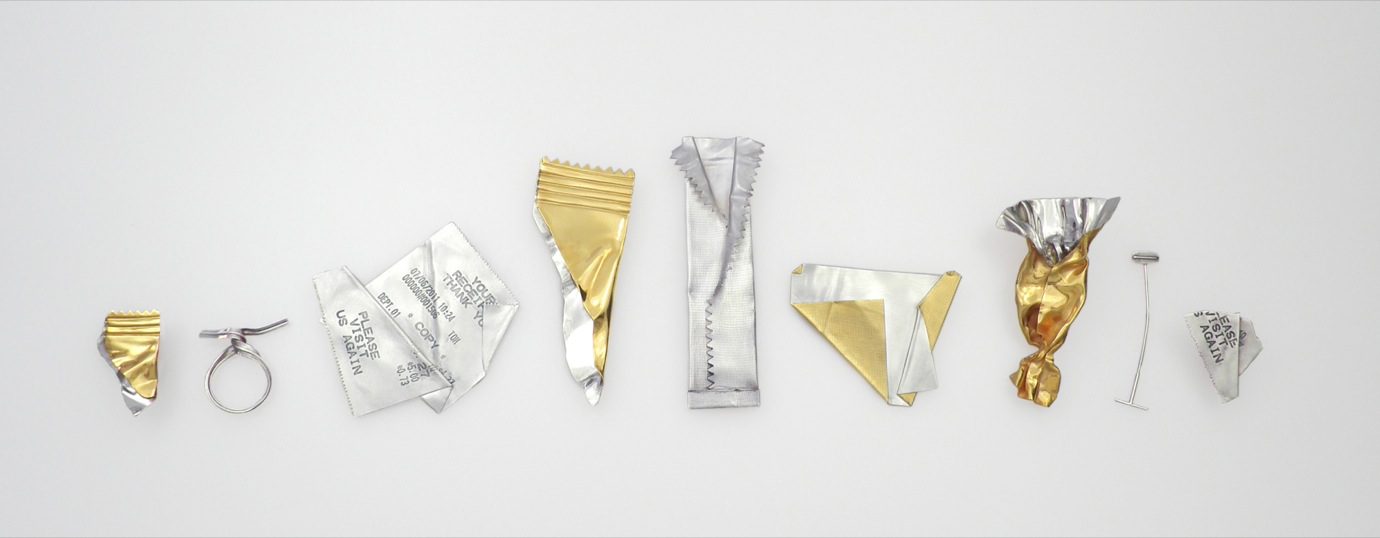Tigran, you previously lived in London for 5 years, and studied at Central Saint Martins. What made you decide to move back to Moscow in the end?
I graduated from CSM in 2012. At that time I just got a bit tired of London — feeling homesick and wanting to be with my family. I’ll definitely stay here in Moscow for a while. I really enjoy it, it’s a good vibe.
How do you feel about the differences between London and Moscow? Of course, London can be such a struggle…
It’s a huge struggle in London. Housing, weather… everything is difficult unless you’re rich. I just got tired of the rat race. It’s also a very cold city in terms of human relations, so that was difficult. It sucks a lot of energy out of you when you’re there all the time, because it’s so fast paced. You have to get away from all of it sometimes, I think. They say that about New York: you can live there as long as you can leave. I think that applies to London too, for sure.
And then there’s the industry in London, everyone’s fighting so hard to get ahead…
It’s so competitive. My girlfriend is a stylist and she had such a hard time getting paid for her work in London, but here in Moscow it’s much easier, because the competition isn’t as high. You actually get paid. I think in some instances it doesn’t make much sense to be in London, when the world is so international now.

